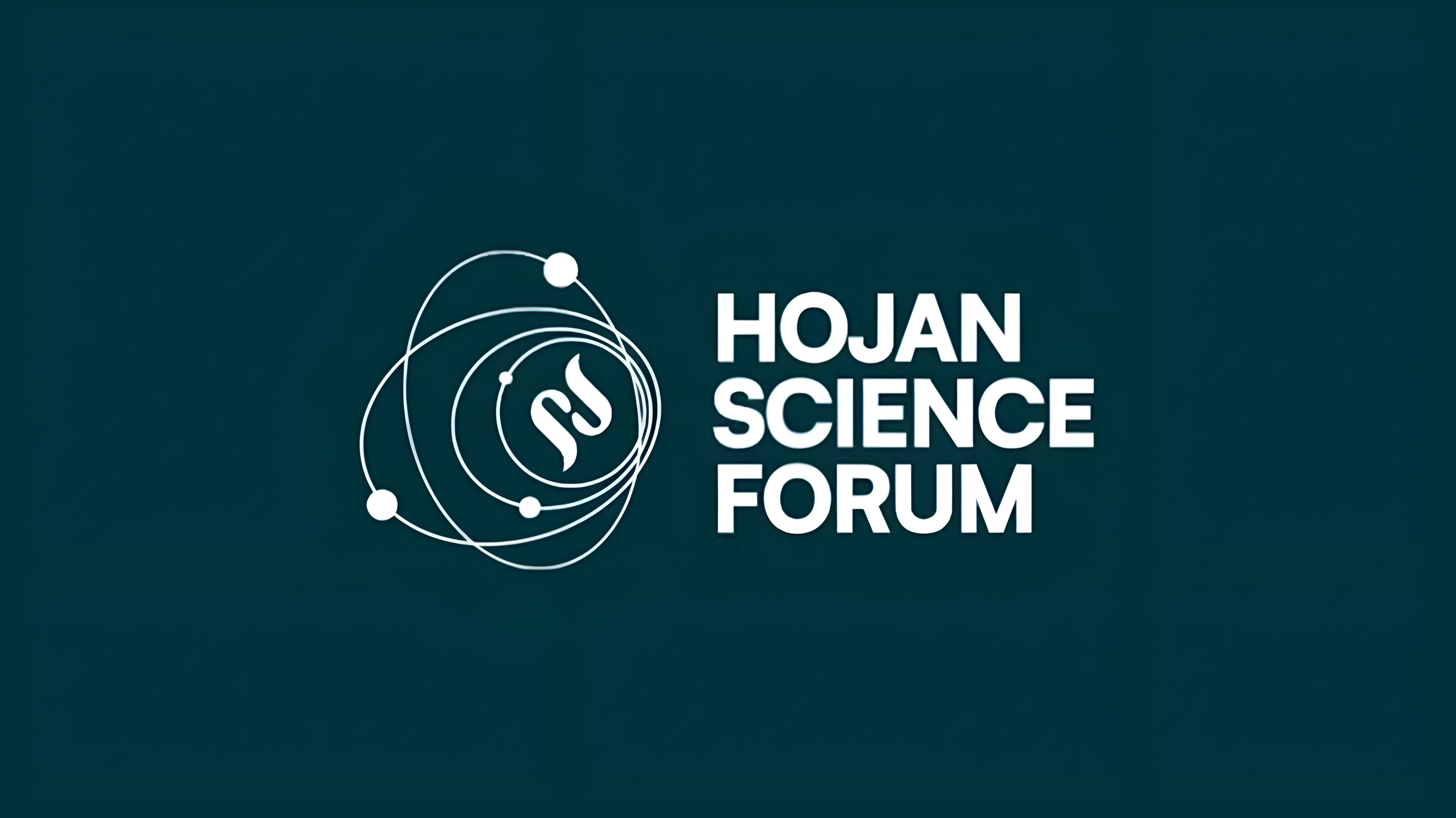Hojan Scientific Forum Launches in Ottawa, Showcasing Kurdish Science on Global Stage
Hojan Scientific Forum launches in Ottawa, uniting 120+ Kurdish scientists from 8 countries to promote Kurdish as a language of science. The volunteer-led event aims to build global networks and empower young researchers.

ERBIL (Kurdistan24) - For more than thirteen years, the Hojan Scientific Organization has carried forward its mission as a volunteer-driven non-profit dedicated to “the scientific development of Kurdistan.” In pursuit of that vision, it has spearheaded a range of landmark projects, including the publication of sixteen issues of the Hojin Scientific Magazine, six issues of its children’s supplement, numerous scientific books, an online Kurdish encyclopedia, and the Hojan Dictionary, which catalogues over 6,000 scientific terms.
Now, in its boldest step yet, the organization convened the first-ever Hojan Scientific Forum on Aug. 28, 2025, hosted at the University of Ottawa. The event transformed Canada’s capital into a hub for scientific dialogue, drawing together more than 120 successful Kurdish scientists, professors, and researchers from eight countries, alongside international colleagues who share a commitment to multiculturalism in science.
The forum’s stated goals were ambitious: to build a global communication network among Kurdish scholars in the diaspora, strengthen the use of Kurdish in scientific discourse, empower young researchers, and highlight diversity in science. Its four-day program featured scientific presentations, workshops on Kurdish language technologies and youth empowerment, and panel discussions on the state of science in Kurdistan and Kurdish participation on the world stage.
The forum was organized entirely through voluntary effort, with Hojan members describing it as a national duty. Speaking to Kurdistan24, Zoroz Tampur, a member of the organizing committee, explained:
“We have gathered here in order to bring science to the public and translate knowledge into Kurdish. There is potential for bringing science to our community, and we felt the capacity among Kurdish professors and researchers, alongside international colleagues who value multiculturalism, to work together to make this happen.”
One of the forum’s central themes was the elevation of Kurdish as a language of education and scientific inquiry. Professor Jafar Shehul Islami, a linguist at Carleton University in Ottawa, told Kurdistan24:
“This forum is extremely important for several reasons. It is hosted at Canada’s largest bilingual university, in a multilingual capital that respects indigenous languages and cultures. From my perspective, languages become sophisticated because they are used in all domains of human life—including science. This conference offers presenters the opportunity to deliver their work in Kurdish, which is one of the best ways to strengthen our language.”
He stressed that Kurdish has been marginalized for decades in places like Turkey and Iran, excluded from the education system. “This forum is proof to the authorities that Kurdish is as capable as any language to be a medium for science and education,” he said.
Participants from across the globe underscored the importance of both scientific progress and cultural identity. Mediasina, who traveled from San Francisco, reflected:
“This forum is bringing together Kurds from across the world to speak about science and share what we do best. It is the first of its kind, and it shows that Kurdish language and culture have a place. For me, as part of the diaspora who grew up in the West, it is important to show that Kurdish culture remains within us and will be passed down to future generations.”
From the Kurdistan Diaspora Confederation, Leyla Abdelaziz described the event as “a beautiful step forward.” She added: “The Kurds are here from all over the world, united, and I am honored to be part of it.”
The forum also emphasized the role of science in shaping future generations. Professor Ibrahim Karimi of the University of Ottawa and Chapman University, a leading researcher in quantum communication, told Kurdistan24:
“The Kurdish community has long missed a piece of the puzzle in science and diversity. We need to extend our knowledge and translate it into Kurdish, help our diaspora, and train the younger generation. The idea of the Hojan team was to build a conference that gathers Kurdish scientists worldwide with renowned international scholars and policymakers. Today, that vision has become reality.”
For many young Kurdish researchers, the forum was deeply personal. Kristan Safari, born in an Iraqi refugee camp to parents from Qamishli and now pursuing a PhD in experimental medicine in Vancouver, co-hosted the event. “It is truly inspiring to see Kurds from around the world come together to present their work,” he said. “When I was younger, there was little Kurdish representation, and it often felt isolating. Being here now is an honor.”
Hana Shaileslami, a PhD candidate at Carleton University, emphasized the value of presenting her research in Kurdish. “As a young Kurdish woman raised in Canada, it is important for me to hold on to my culture. This forum has allowed me to showcase my work to international experts in my mother tongue, which I never had the chance to do before. It highlights the importance of ensuring Kurdish is used in science.”
The Hojan Scientific Forum in Ottawa marked a historic moment for the Kurdish scientific community. By uniting academics, researchers, and students from across the globe, it not only strengthened scientific dialogue but also underscored the resilience of the Kurdish language and culture in fields long denied to them.
As the forum concluded, participants agreed that this was not merely a gathering but the beginning of a long-term project—laying the foundations for a stronger Kurdish voice in global science and ensuring that future generations inherit both the tools of knowledge and the language of their heritage.
Head of Kurdistan24's office in Washington, D.C., Rahim Rashidi (Mr. Kurd), contributed to this article.
